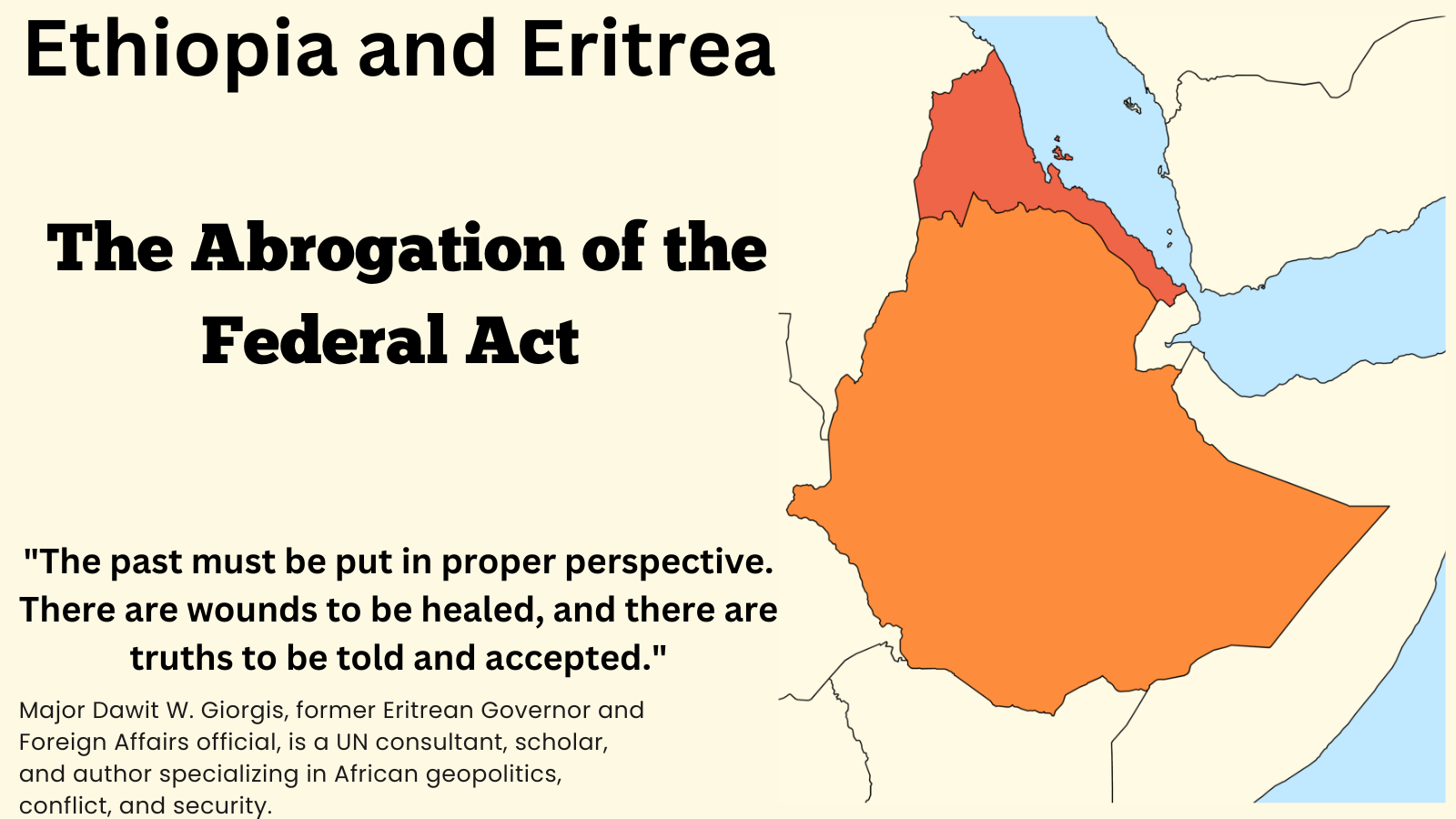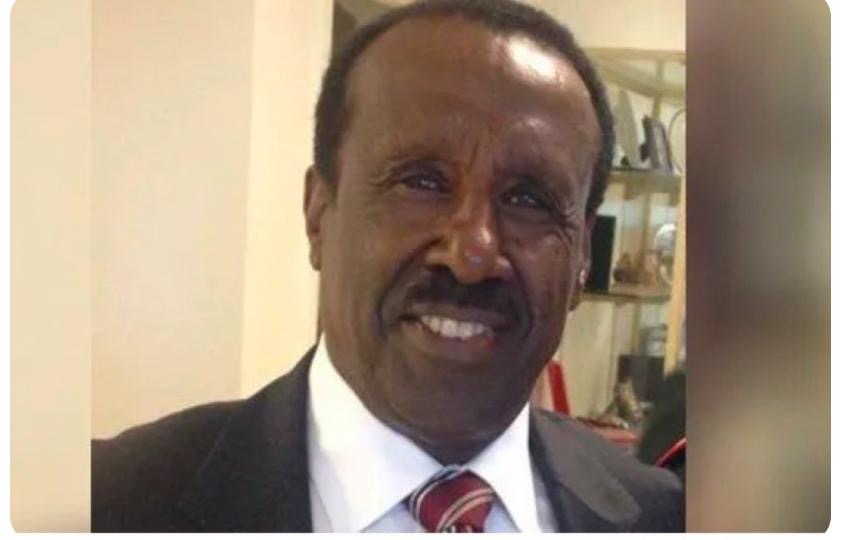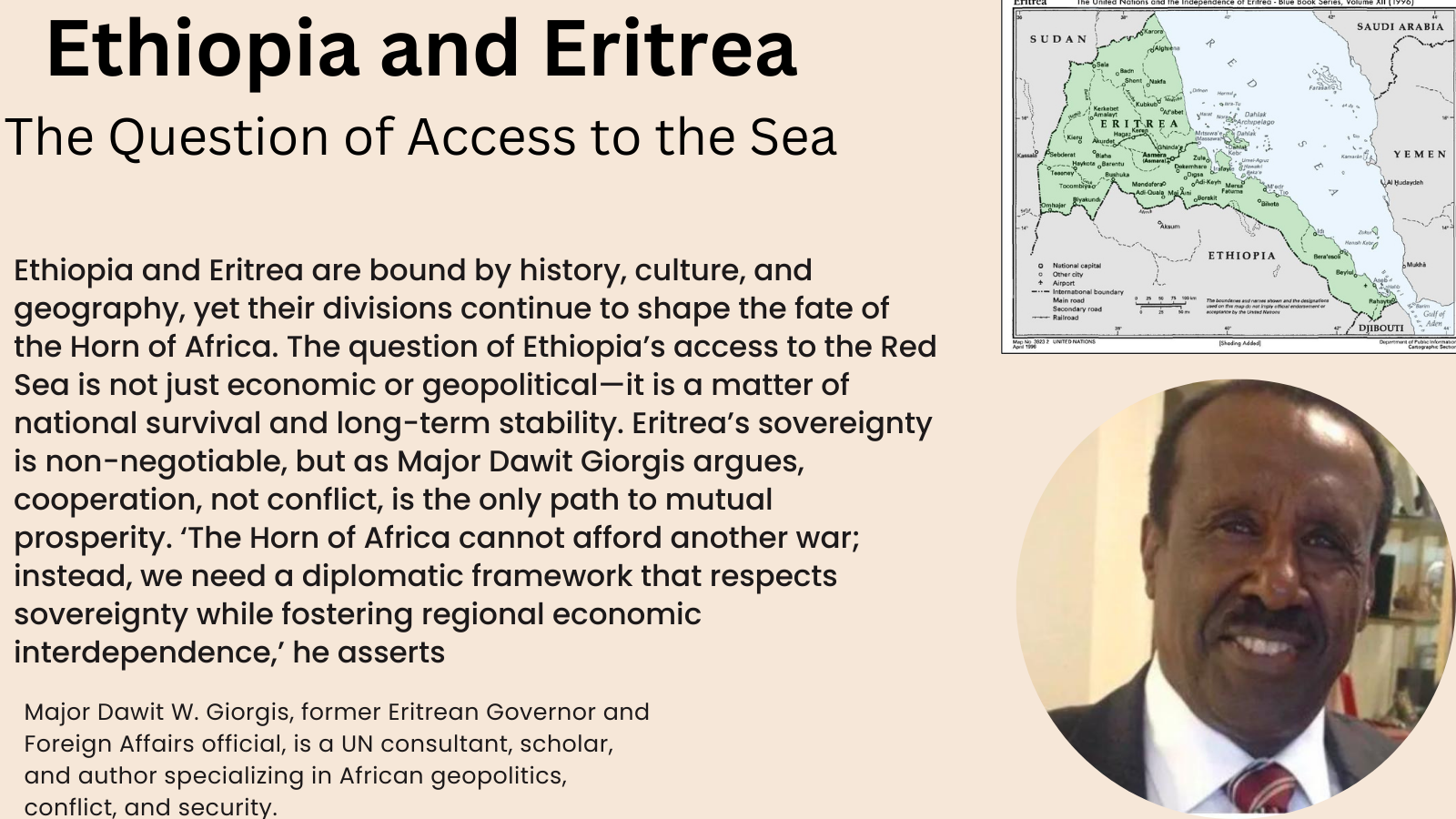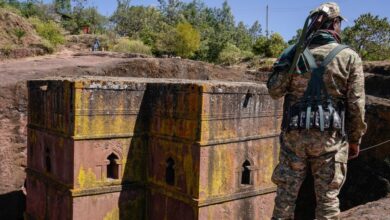Escalating Attacks on Ethiopian Orthodox Church: A Disturbing Trend of Targeting Believers in the Oromia Region
The brutal murder of Qesis Wolde Eyesus Ayalew and his family adds to a growing pattern of violence, raising fears of systematic persecution under the current regime

October 3, 2024 In a harrowing and tragic event, Qesis Wolde Eyesus Ayalew, a prominent priest of the Ethiopian Orthodox Tewahedo Church, and his family were brutally murdered in East Shewa, Oromia region. The killing, which took place under shocking circumstances, has prompted deep concern from the Ethiopian Orthodox Church and has once again drawn attention to the increasing violence against the church and its leaders in Oromia region since Prime Minister Abiy Ahmed and the Oromo Prosperity Party came to power.
Qesis Wolde Eyesus, who had devoted more than 40 years to serving the St. Michael’s Church parish in Biqa, was found murdered alongside his wife and three children. The church, in an official statement, described the crime as “horrific and unimaginable,” calling for a thorough investigation and justice for the victims. As it is often the case in Oromia region, the local authorities are silent, and no investigation has been started.
There is a concerted effort in Oromia region to murder, attack and displace Ethiopian Orthodox Church clergy. The Patriarchate of the Ethiopian Orthodox Tewahedo Church expressed its profound grief, condemning the killings and emphasizing that His Holiness Abune Abraham, the Secretary of the Patriarchate, has been following the situation closely.
Many in the church are alarmed by the growing trend of violence against Orthodox Christians in Oromo region, fearing that this may not be an isolated incident, but part of a broader campaign of hostility toward the church. The diocese of Eastern Australia’s Ethiopian Orthodox Church has made an urgent appeal, calling for decisive action from global powers, including the International Criminal Court (ICC), to investigate these atrocities.
The diocese of Eastern Australia’s Ethiopian Orthodox Church has made an urgent appeal, calling for decisive action from global powers, including the International Criminal Court (ICC), to investigate these atrocities.
Their plea echoes the growing international concerns over the Ethiopian government’s role in the atrocities, urging the ICC to hold Prime Minister Abiy Ahmed accountable for what they describe as crimes against humanity. Violence Against the Ethiopian Orthodox Church in Oromo region Since Abiy Ahmed’s Rule. This latest tragedy is part of a larger pattern of violence targeting the Ethiopian Orthodox Church in the Oromo region, which has seen an alarming rise since Abiy Ahmed, and his Oromo Prosperity Party (OPP) assumed power. Many within the Orthodox community believe that the church is being systematically targeted by forces affiliated with the regime, or by the Oromo Liberation Front (OLF) and its armed wing, the Oromo Liberation Army (OLA).
There is strong evidence that the Oromo Prosperity Party views the Church as an obstacle to its hegemony. Abiy Ahmed as well as other Oromo Prosperity party officials have repeatedly made threatening statements, hate speech and sometimes called for outright violence against the Ethiopian Orthodox Church. In several instances, the authorities either have taken part or have looked the other way when the clergy, congregation, and churches are attacked.
This murder comes amid numerous reports of Orthodox priests and churches being targeted across Oromo region. Orthodox Christians, who make up a significant portion of the region’s population, have often found themselves vulnerable to coordinated attacks from both local authorities and OLF/OLA. One of the most alarming factors is the government’s consistent inaction in the face of these crimes. Victims and their families frequently report that the authorities either fail to investigate or deliberately downplay the severity of these attacks.
Some believe that the OPP and its allies are complicit, seeking to weaken the church’s influence, particularly in regions where it commands substantial loyalty. Similar Incidents of Violence Against Orthodox Christians in Oromo Region The killing of Qesis Wolde Eyesus is tragically reminiscent of similar cases in Oromo region since 2018. In 2020, after the assassination of Oromo musician Hachalu Hundessa, widespread unrest saw Orthodox Christians targeted in the town of Shashemene. Mobs attacked churches, homes, and businesses, killing dozens, while the government did little to intervene.
Human rights groups at the time accused the regime of ignoring the religious aspect of the violence, which disproportionately affected Orthodox Christians. Similarly, the displacement and killings in areas like Gedeo and Guji have seen Orthodox communities facing significant danger. Though the violence in these regions is often labeled as ethnic conflict, there is a clear overlap with religious persecution, as many attacks appear to be directed at Orthodox Christians.
The Ethiopian Orthodox Church has repeatedly called for government intervention to protect its clergy and congregants, but those calls have largely gone unanswered. The fact that attackers continue to operate with impunity lay bare the state complicity. Mounting Pressure for Accountability As Ethiopia continues to grapple with internal conflict and political instability, the Orthodox Church is demanding answers. Religious leaders have urged the international community to pay attention to the growing violence against their followers, arguing that the Ethiopian government has not done enough to prevent attacks or hold perpetrators accountable.
“The killing of Qesis Wolde Eyesus and his family is not just a tragedy for the church but a symbol of the growing insecurity that our religious community faces,” said one senior church official for VOA. “We cannot continue to allow our priests and our people to be targeted while those in power turn a blind eye.” With tensions in Oromo region showing no sign of abating, many fear that the situation will only worsen unless concrete steps are taken to ensure the safety of religious minorities.
As the Orthodox Church mourns its latest victims, the pressure is on the Ethiopian government to respond to these growing threats against one of the country’s oldest institutions. The ongoing violence in Ethiopia, particularly against Orthodox Christians and Amhara people, continues to draw attention from human rights organizations and political leaders around the world.
However, despite growing evidence of atrocities, the Ethiopian government remains resistant to international investigations. The Ethiopian Orthodox Church and its global followers are urging world leaders to step up and hold Abiy Ahmed’s government accountable for the escalating violence. As pressure mounts, many are hoping that the international community, including the ICC, will take decisive action before the situation spirals further into chaos. Without intervention, Ethiopia risks further deepening ethnic and religious divisions that could have devastating consequences for the nation and the broader region.




